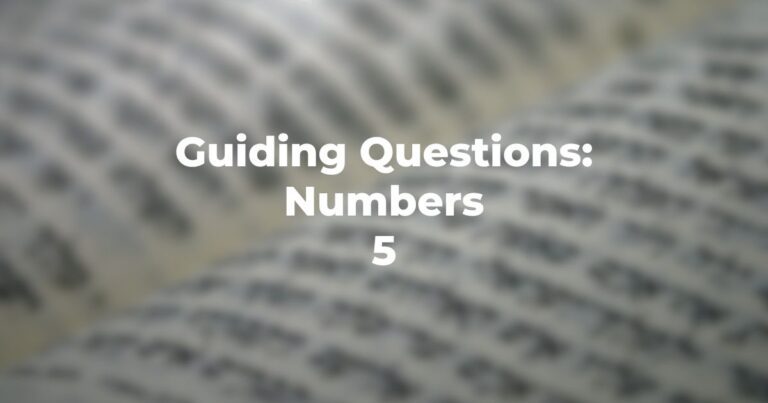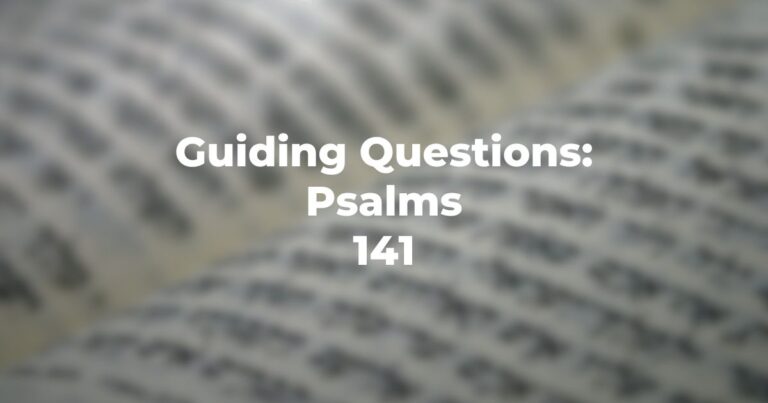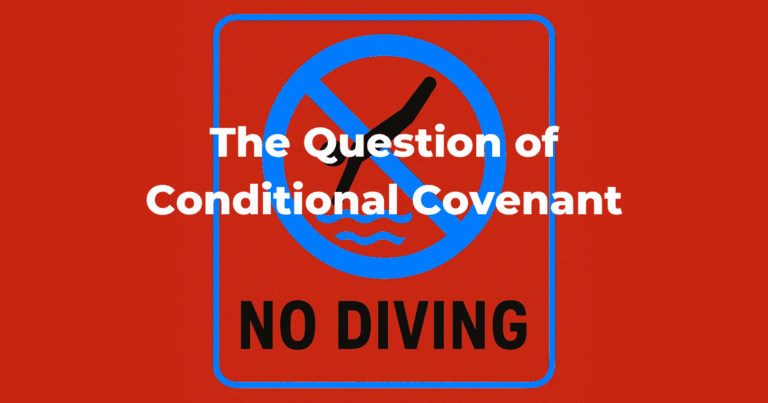- How does Exodus 34:4 relate to Moses’ request in the previous chapter?
- Who is “speaking” in Exodus 34:6-7?
- What is the purport of Exodus 34:7 as to transgression, its consequence and the multi-generational consequence?
- What is the instruction as to the residents of the land which is to be given to the Israelites — death or removal from the land? (Exodus 34:11 et seq.)
- Why is no covenant to be entered into with those who now dwell in the land? (Exodus 34:14-17)
- Do Exodus 34:17-26 constitute “another set of commandments” — or supplement the original?
- How many imperatives are set down in this particular section? (Exodus 33:17-20)
- By whom are these “luhot” written?
- Are the contents different from the broken “luhot?”
- What meaning(s) is (are) there to “karan or panav?”
- Does TorahRefers to the first five books of the Hebrew Bible, the Tanakh, also called the Five Books of Moses, Pentateuch or the Hebrew equivalent, Humash. This is also called the Written Torah. The term may also refer to teachings that expound on Jewish tradition. Read more explain why this happened to Moses’ face?
- Does the leader consciously want his followers to be in awe of him?
- Does Torah describe Mosheh as changed; are his “powers” described as increased?
- What is implied by Mosheh speaking first with the leadership echelon, then with the entire B’nai Yisrael?
- What is Mosheh’s message to the people?
- From this point onwards what is different in Mosheh’s communication with the Israelites?
- Is there some reason why the Torah never again refers to the “masveh” or the reason for it?
- What, indeed, is a “masveh”?
Author
-

Exploring Judaism is the digital home for Conservative/Masorti Judaism, embracing the beauty and complexity of Judaism, and our personal search for meaning, learning, and connecting. Our goal is to create content based on three core framing: Meaning-Making (Why?), Practical Living (How?), and Explainers (What?).
View all posts




